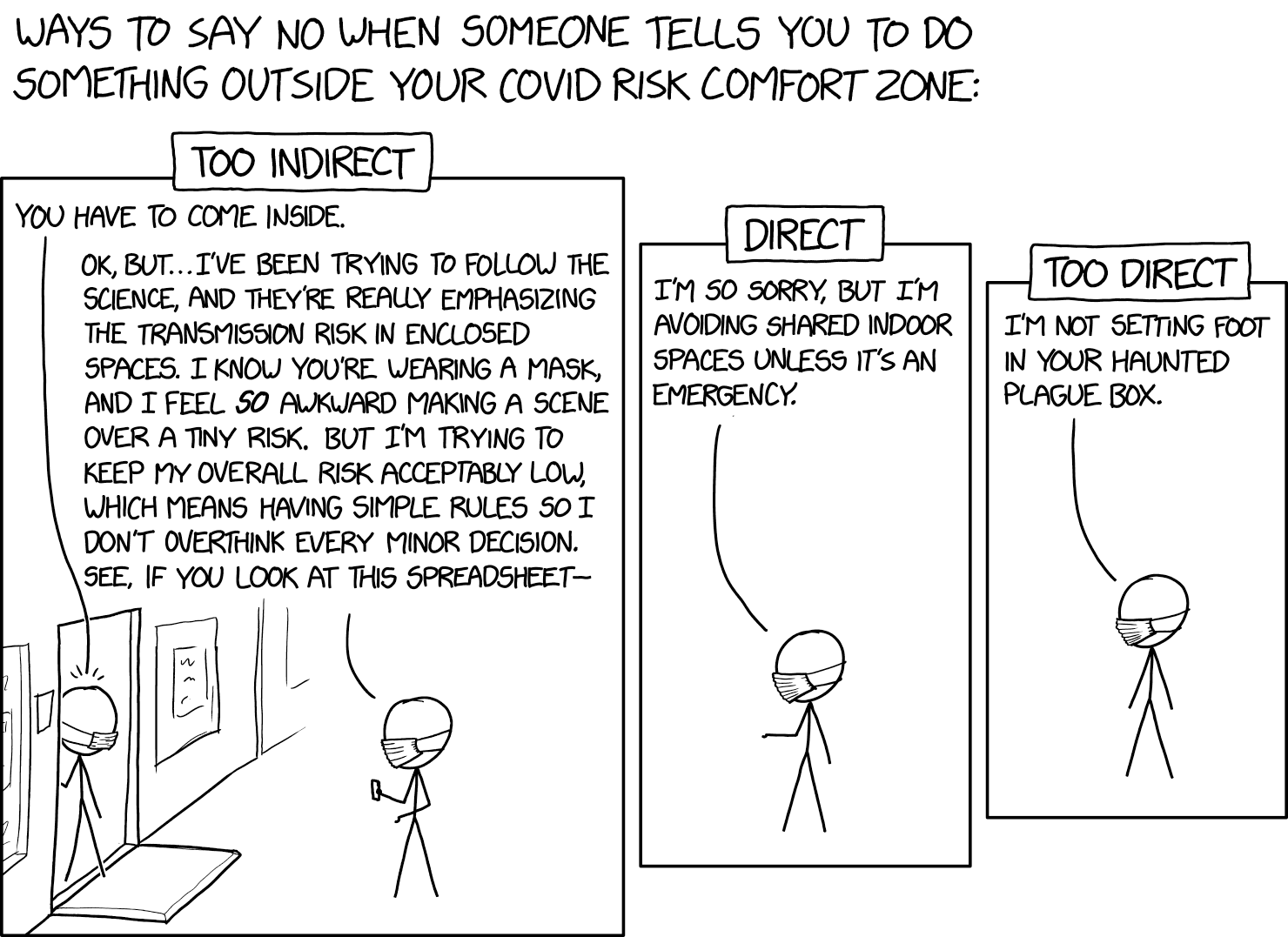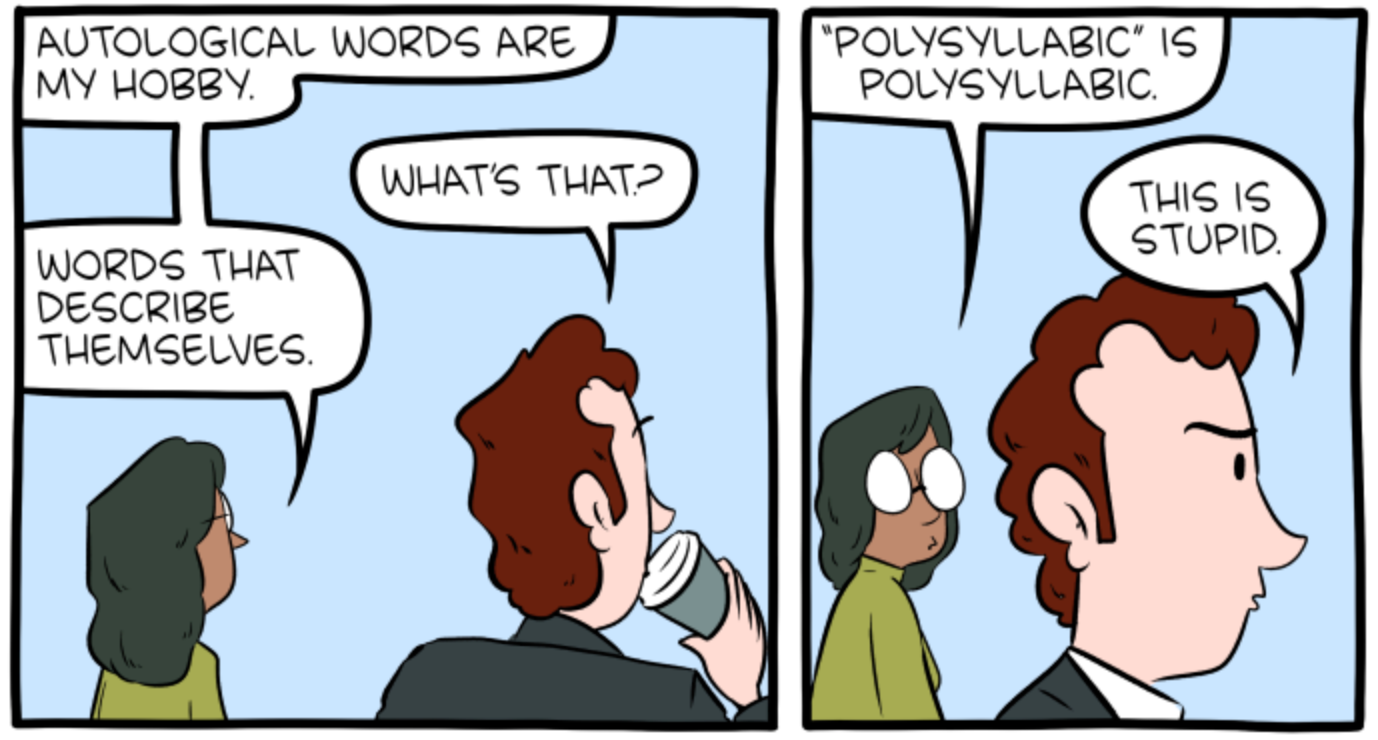[This is a guest post by Nathan Hopson]
One of the first bits of Nagoya-specific Japanese I picked up was 来名 (raimei), i.e. "come to Nagoya." It added a bit of local color to my lexicon of directional Japanese, which was mostly commonplace but remarkable locutions such as 上京 (jōkyō, go "up" to Tokyo), which gives us the 上り (nobori, Tokyo-bound) and 下り (kudari, away-from-Tokyo-bound) train and expressways. Another of those standard phrases is 来日 (rainichi, come to Japan), which stuck out to me in the same way world maps with Japan in the center had when I first came here as a student almost 25 years ago. The discovery of this new politics of place was one of those experiences that really stuck with me.
Anyway, I feel like Japan is using 来日 less these days. In its place, I see 訪日 (hōnichi) for tourists — not much of that these days, tbf, but 訪日外国人 (hōnichi gaikokujin) was all anyone could talk about last year — and now, in my role as head of a program teaching almost exclusively international students here in Japan, 渡日 (tonichi). I feel like 渡日 is not in common circulation, but is primarily administrative jargon for organizations like mine — and the education ministry over us.
Read the rest of this entry »


